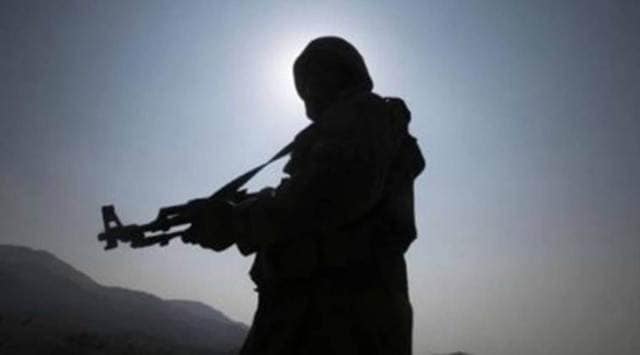Stay updated with the latest - Click here to follow us on Instagram
ISIS has 66 known Indian-origin fighters: US report on terrorism
The report also commended India's counterterrorism forces, including the National Investigating Agency (NIA), for actively detecting and disrupting transnational and regional terror forces.

The latest US State Department report on terrorism has said that there were 66 known Indian-origin fighters affiliated with the global terrorist group Islamic State as of November. It commended India’s counterterrorism forces, including the National Investigating Agency (NIA), for actively detecting and disrupting transnational and regional terror forces.
US Secretary of State Antony Blinken, in the 2020 Country Reports on Terrorism issued on Thursday, said that India collaborates with the United States on implementing the UN Security Council Resolution 2309 and is enforcing compliance with the dual-screen X-ray mandate for cargo screening at airport locations.
The UNSCR 2309 calls governments to meet their responsibility to keep citizens secure while travelling by air.
No Foreign Terrorist Fighters (FTFs) were repatriated to India during 2020, it said.
“The National Investigation Agency examined 34 terrorism-related cases related to ISIS and arrested 160 persons, including 10 alleged al-Qaeda operatives from Kerala and West Bengal, in September,” the report said.
The Kolkata Police counter-terrorism Special Task Force had also arrested Abdul Karim, the second-in-command of Jamaat-ul-Mujahideen Bangladesh, on suspicion of involvement in a 2013 bombing in Bodh Gaya, it added.
Highlighting the US-India cooperation, the report said that the United States continues to build its strategic partnership with the Government of India, including through bilateral engagements such as the 17th Counterterrorism Joint Working Group and Third Designations Dialogue in September, as well as the third 2+2 Ministerial Dialogue in October.
“India responds to the US requests for information related to terrorism investigations in a timely manner and makes efforts to mitigate threats in response to US information.
“Over the past two years, collaborative efforts have disrupted terrorist travel and alerted US authorities to possible threats in the United States and against US interests,” the report said.
According to the report officials in India remain concerned about the use of internet for terrorist recruitment, radicalisation to violence, as well as for fomenting interreligious tensions.
“In 2020 there were multiple reports in the media and from the NIA of suspected cases of online terrorist radicalisation, particularly in southern Indian states,” the report said.
India has remained active in leadership roles in the many regional and international fora in 2020, where it has promoted multilateral counterterrorism cooperation, the US State Department report said.
India has shared intelligence on terrorism with Sri Lanka and the Maldives while its longstanding defence relationship with Russia also extends to counterterrorism issues, it added.
The report, meanwhile, also pointed towards the “gaps” in interagency intelligence and information sharing.
“The Indian Multi-Agency Centre (MAC) collaborates with the US on exchanging terrorist screening information. In the absence of a National Counter Terrorism Center, the MAC conducts real-time collation and sharing of intelligence among federal and state security agencies.
“Several Indian states have established state-level MACs to disseminate terrorism information to law enforcement,” the report said.
It states that Indian security forces demonstrate limited capacity to patrol and secure extensive maritime and land borders.
According to the report India is also implementing United Nations Security Council Resolution 2396 to improve detection and deterrence of terrorist travel by using watchlists, implementing biographic and biometric screening at ports of entry, and expanding information sharing,” it said.
The UNSCR 2396 (2017) requires Member States to develop and implement systems to collect biometric data in order to identify terrorists responsibly and properly.
- 01
- 02
- 03
- 04
- 05































